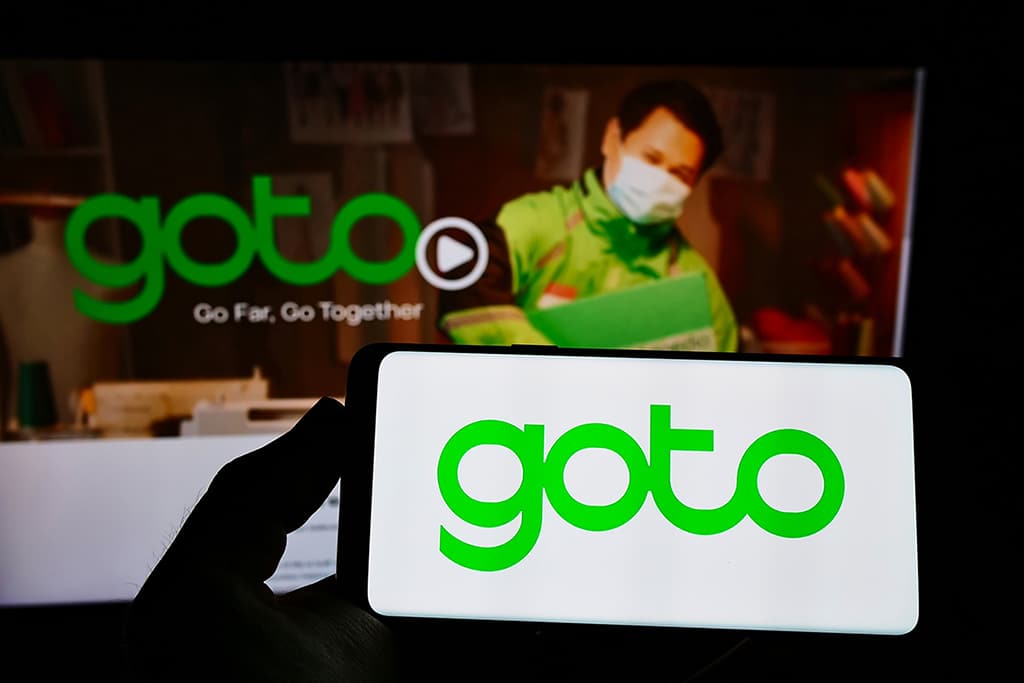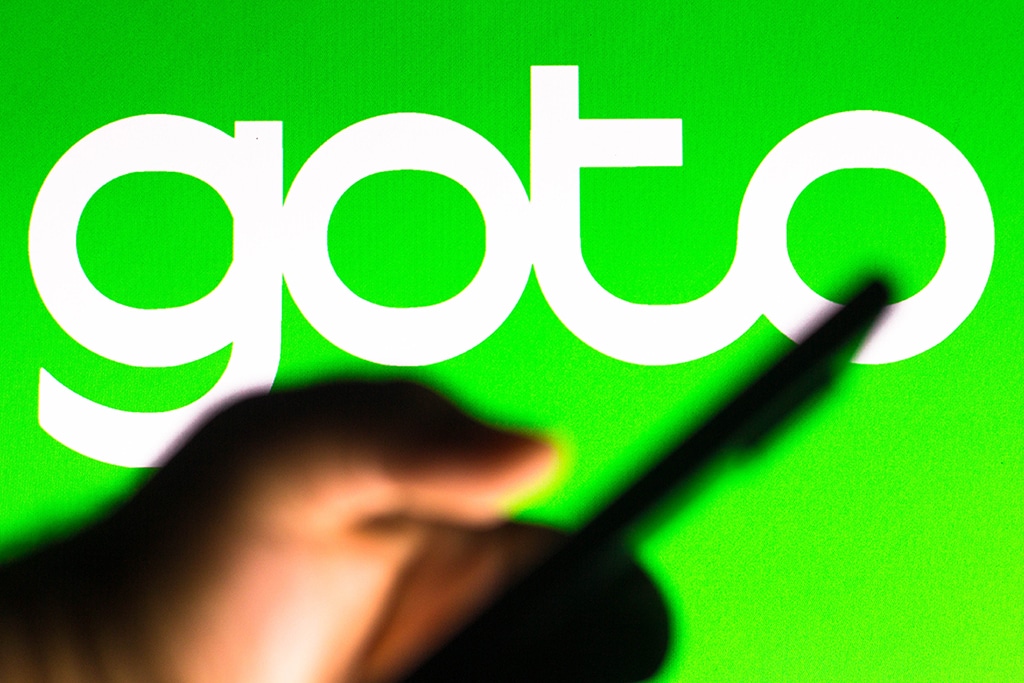
Darya is a crypto enthusiast who strongly believes in the future of blockchain. Being a hospitality professional, she is interested in finding the ways blockchain can change different industries and bring our life to a different level.
Over the last week, GOTO stock lost about 20% in price, from 83 rupiahs per share on Monday to an all-time low of 67 rupiahs on Friday, with its market cap dropping to 80.5 trillion rupiahs from 101 trillion rupiahs.
 Edited by Julia Sakovich
Updated
3 mins read
Edited by Julia Sakovich
Updated
3 mins read

William Tanuwijaya, the founder of the leading Indonesian e-commerce company Tokopedia, has sold a staggering number of shares in the digital company PT GoTo Gojek Tokopedia Tbk (JKT: GOTO). Following the news, GOTO stock tanked by 19.4%. As of the press moment, GOTO stock is another 8.22% down, trading at 65 rupiahs per share, which is more than 60% down from last November’s record high.
The number of shares William Tanuwijaya offloaded totaled 332,220,000, which makes up roughly 0.03% of the company’s issued and paid-up capital. Tanuwijaya reduced his slice of the GoTo Gojek company to 1.72% from 1.77% and explained his decision with personal reasons. It is unclear yet if the sale will affect Tanuwijaya’s role within the company or if this is part of a larger financial strategy.
Earlier, a foreign investor GOTO Peopleverse Fund was selling shares in the company. In particular, the investor sold as many as 330.85 million shares and currently only owns 5.89% of GoTo Gojek Tokopedia. The reason for the move was not revealed, however, some attribute it to the current uncertainty over the regulatory environment in Indonesia.
Over the last week, GOTO stock lost about 20% in price, from 83 rupiahs per share on Monday to an all-time low of 67 rupiahs on Friday, with its market cap dropping to 80.5 trillion rupiahs from 101 trillion rupiahs.
Since 2019, when the world was hit by the pandemic, Indonesia’s e-commerce market has been experiencing remarkable growth, which drove the country to become the world’s ninth-largest e-commerce sector. However, there are still issues that demand attention. Lately, the Indonesian government has been addressing these concerns.
On September 28, Indonesian authorities introduced stricter regulations on e-commerce transactions, including banning e-commerce on social media platforms and barring overseas sellers from operating on domestic e-commerce platforms. According to the government, the law will safeguard domestic e-commerce platforms and protect offline businesses – especially micro, small, and medium-sized enterprises (MSMEs) – and consumers’ personal data. While the government sees the measures taken as protective initiative, critics say the regulations could disrupt the livelihoods of millions of sellers in the country.
What are the new rules about? Firstly, more foreign e-commerce operators are now subject to Indonesian e-commerce regulations. Prior to the new framework, only companies that annually transact with at least 1,000 consumers in Indonesia or annually deliver at least 1,000 packages to consumers in the country were subject to the regulation and had to establish a representative office in Indonesia. Now, one more criterion has been added, which is traffic to the operator (presumably website/platform) that constitutes at least 1% of total local internet traffic in Indonesia within a one-year period.
Secondly, social media platforms and online marketplaces in Indonesia have been banned from competing with merchants. Social media companies willing to engage in e-commerce are now required to obtain a specific license and create a separate app for their e-commerce platform.
In addition, the Indonesian Ministry of Trade required TikTok to become a standalone app, without any e-commerce feature, otherwise, there would be a risk of being shut down. TikTok had to obey the rules as its 125 million active monthly users in Indonesia make it the company’s second-largest global market after the US.
Read other business news on Coinspeaker.
Disclaimer: Coinspeaker is committed to providing unbiased and transparent reporting. This article aims to deliver accurate and timely information but should not be taken as financial or investment advice. Since market conditions can change rapidly, we encourage you to verify information on your own and consult with a professional before making any decisions based on this content.

Darya is a crypto enthusiast who strongly believes in the future of blockchain. Being a hospitality professional, she is interested in finding the ways blockchain can change different industries and bring our life to a different level.





